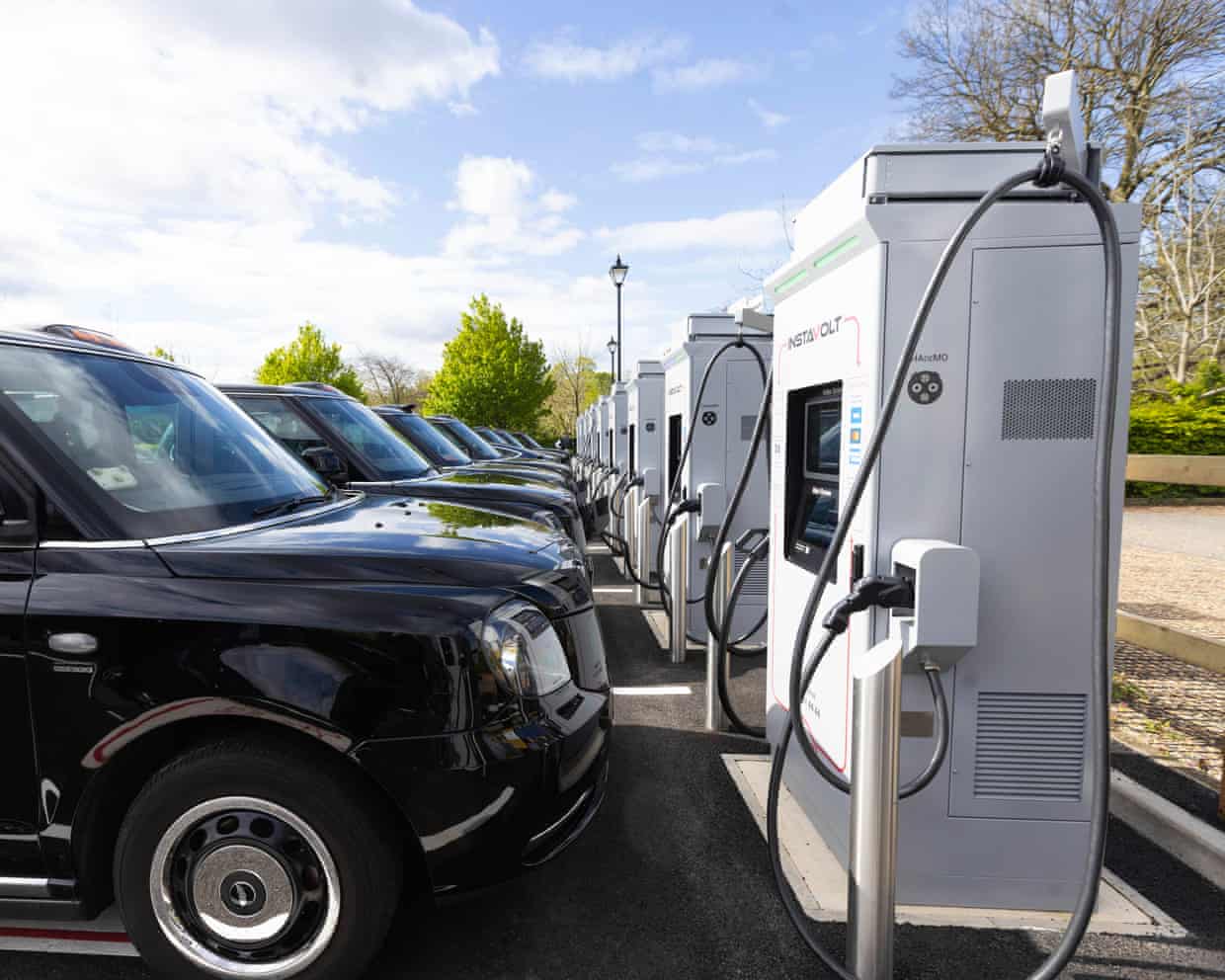The UK charging industry is bracing for a potential £100 million tax burden as the government considers imposing business rates on public charger operators for the first time. This development arrives amid slower-than-expected sales of electric vehicles (EVs), which have already put significant pressure on the sector.
According to the industry body, ChargeUK, the new tax implications could affect as many as 64,000 parking bays adjacent to chargers that previously were not subject to these taxes. The lobby group cautioned that if operators pass the costs onto consumers, annual charging fees could increase by as much as £300 for some individuals.
The number of public charging stations has risen dramatically, with approximately 86,000 chargers reported at the end of September 2023, an 18% increase from 73,000 at the close of 2022, as noted by the data company Zap Map. While business rates typically apply to most commercial properties in the UK to help fund local services, charging bays have not been included in the rateable properties list until now.
Tax Changes and Industry Concerns
The Valuation Office Agency (VOA) has indicated that this change will take effect in April 2024, marking the first instance where charging companies will be liable for business rates. Ian Johnston, Chief Executive of Osprey Charging, expressed concern that the additional costs might compel his company to shut down certain sites and reduce investments, particularly in regions outside of London, which has the highest concentration of electric vehicles. Johnston highlighted that “large, high-power hubs in certain regions of the Midlands and north [of England] are more likely to be loss-making because we have built ahead of EV uptake.”
ChargeUK has criticized the VOA for underestimating the potential financial impact on the sector, suggesting that the agency’s projected £25 million cost to the industry is significantly lower than reality. The group argues that the agency has overlooked the number of rateable bays and the average rents charged.
Compounding the situation, the VOA may backdate the tax liability to April 1, 2023, leading to the possibility that the initial bill for the ongoing financial year could exceed £100 million.
Government’s Role and Industry Responses
In 2022, the Conservative government had exempted charging equipment from business rates; however, this exemption did not extend to the parking bays themselves. The VOA explained that individual bays at larger charging sites, as well as standalone EV charging locations, would likely be added to the ratings lists due to the exclusive occupation by operators.
ChargeUK contends that these bays should also be exempted, particularly considering the government’s commitment to promoting electric vehicle adoption in order to meet its legal obligations for reducing carbon emissions. The Treasury is expected to address this issue in the upcoming budget announcement on November 26, 2023.
Vicky Read, Chief Executive of ChargeUK, emphasized the considerable cost pressures facing the sector, stating, “The cost pressures the sector is bearing are tough, with business rates threatening to be the straw that breaks the camel’s back. We need government intervention to remove this unexpected burden, alongside action to address sky-high standing charges [on electricity] and inequitable VAT.”
A spokesperson for the VOA confirmed that they would engage with charging companies regarding the new tax regulations, emphasizing their statutory duty to maintain non-domestic rating lists. The spokesperson noted, “If any property meets criteria in line with legislation and rating law, we must assess it and assign it a rateable value.”
As the situation evolves, both the charging industry and consumers will be closely monitoring the government’s decisions surrounding the business rates to understand the full impact of these changes.






